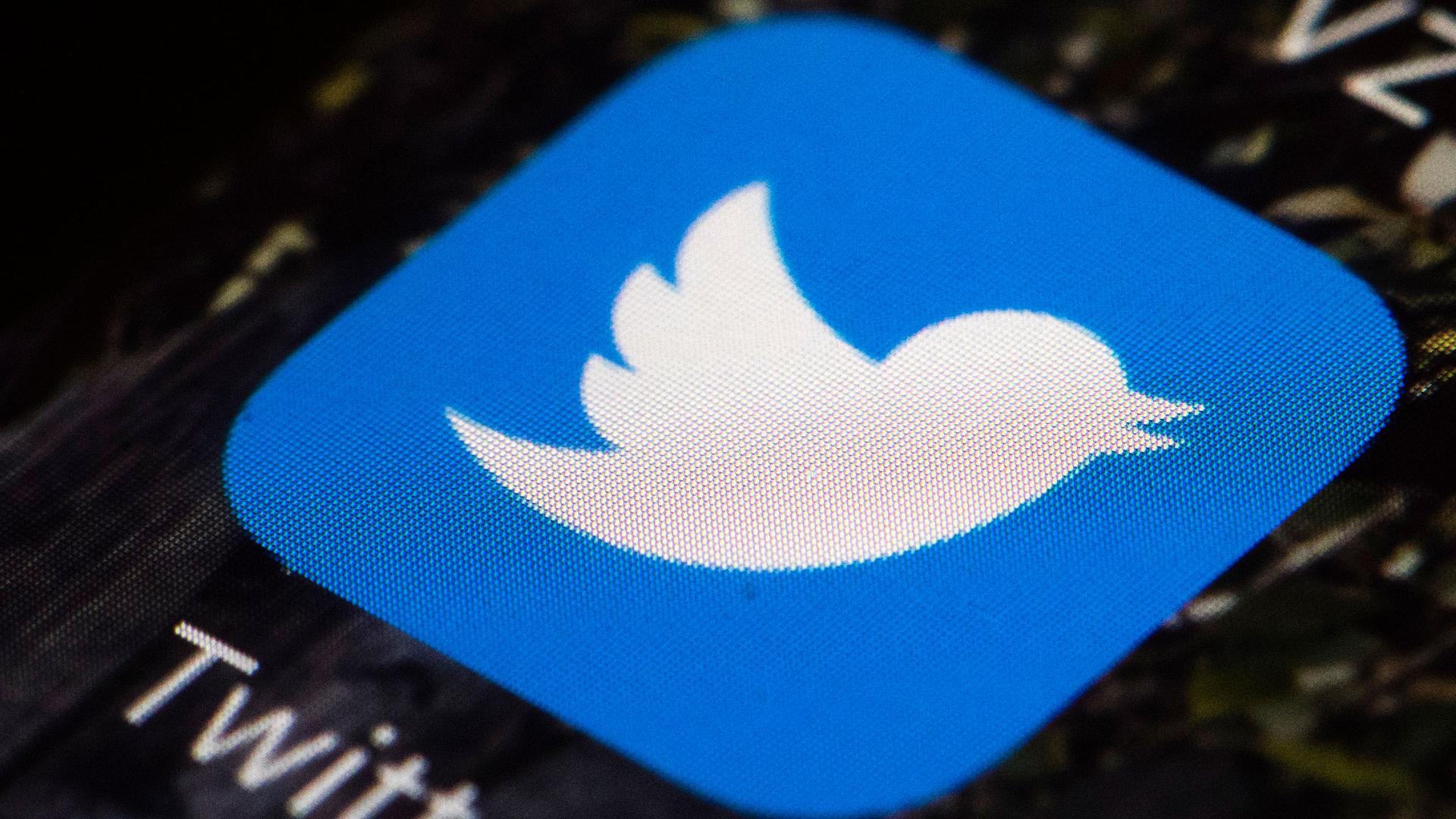Twitter, one of the world’s most popular social media platforms, has been inaccessible in Nigeria for nearly three months.
In June, Nigerian President Muhammadu Buhari suspended the platform after it had deleted one of his tweets about a controversial secessionist movement in the Biafra region of Nigeria.
Related: Tanzania’s internet restrictions during election are ‘despicable’
“Twitter became the platform of choice for separatists who used it to direct the killing of security agents, burning of police stations and other public institutions.”
“Twitter became the platform of choice for separatists who used it to direct the killing of security agents, burning of police stations and other public institutions,” Segun Adeyemi, special media assistant to the president, told The World over WhatsApp.
While one government official indicated last month that the suspension could be lifted soon, Nigerians are still waiting.
Many at home and abroad saw the suspension as an attack on free speech and a sign of the government’s hostility to social media.
“They are not really very comfortable with that space,” said Boye Adegoke of the Paradigm Institute, a digital rights organization based in Abuja.
“They’re not comfortable with the fact that this means that they don’t have the kind of control and influence they have over, you know, traditional media.”
For many Nigerians, Twitter had become an outlet for publicly expressing their frustration with the government and to organize protests.
Related: Shutting down social media actually fuels violence
But it’s Nigerian entrepreneurs who have felt the brunt of the months-long suspension, said Ada Anyagwa, a 29-year-old vendor in Lagos, who sells meals online.
“It requires a lot of money to set up a business and a physical store in Lagos, especially. So, I’ve been doing my business online on social media,” she explained.
Related: The ‘economic sabotage’ of internet shutdowns
Anyagwa’s 7,000-large following has allowed her to grow her customer base, but the suspension has impacted her business by 70%, she said.
“Since the ban, patronage has been low, like, significantly low, because a lot of other people are not using Twitter VPN.”
“Since the ban, patronage has been low, like, significantly low, because a lot of other people are not using Twitter VPN,” she said, referring to virtual private networks.
While there are free VPN services available, they tend to incur additional costs, said Kehinde Alaba, who sells rabbit, goat and snail meat online through his company WoleWale’s Farm in Lagos.
“The expensive part of it is [that] it consumes data a lot. Most times, the data that could have lasted you a month, it lasts you two weeks or one week.”
Alaba said many businesspeople can’t afford to use a VPN, but for him, the costs are worth it.
“I will still keep using Twitter no matter what, because it’s my largest sole source of income.”
Still, he said he’s begging the Nigerian government to reinstate the platform.
“If the country is destabilized, no one can carry out his or her business,” Adeyemi said.
Nigeria said Twitter has met most of the conditions they’ve set for restoring the platform, including the demand to set up a Twitter office in the country.
In an email, a Twitter spokesperson said the company is working on a path forward.
